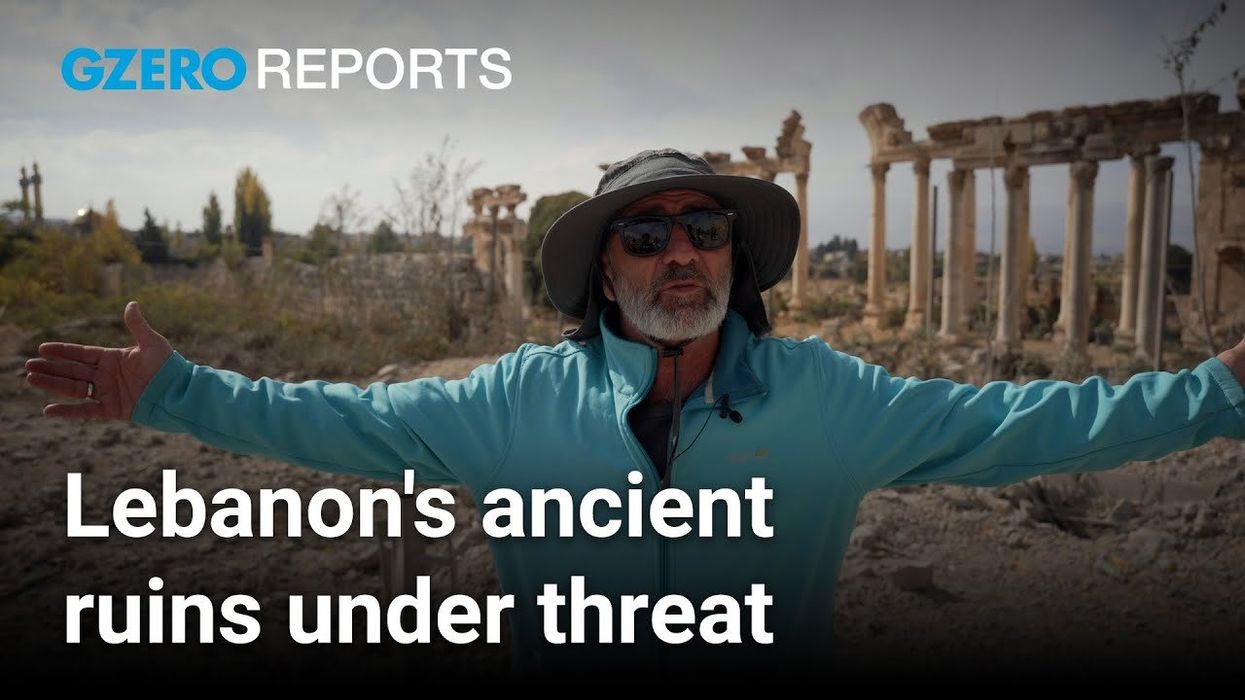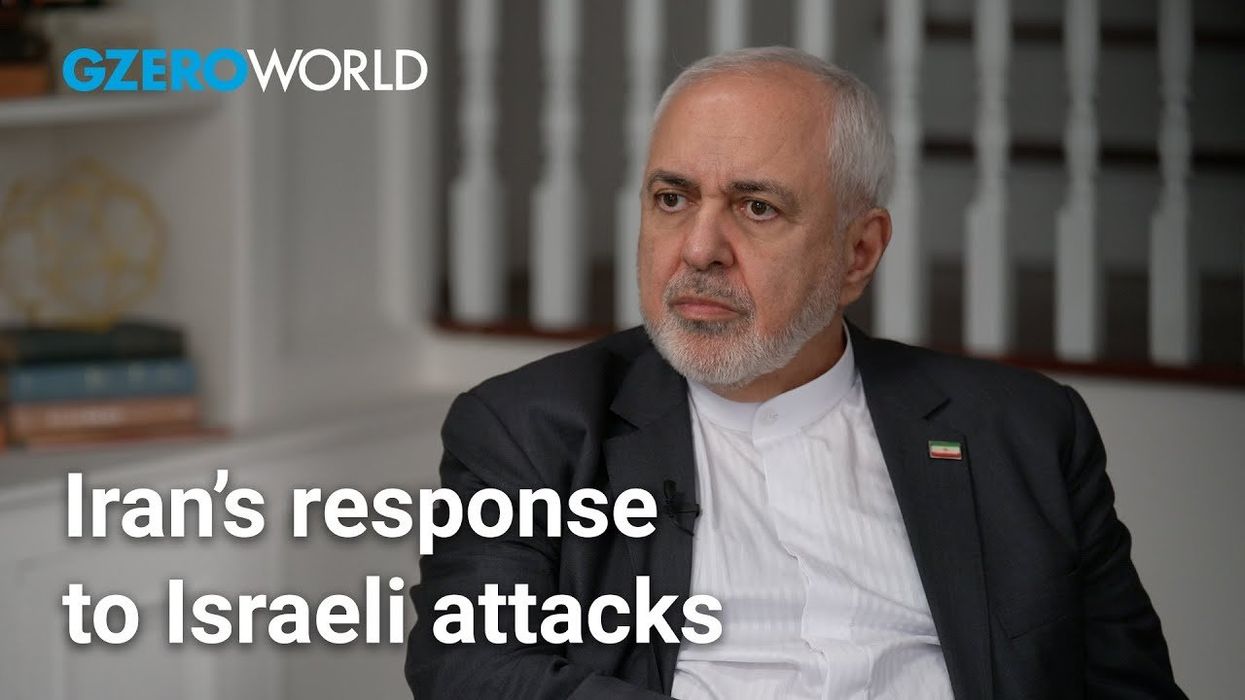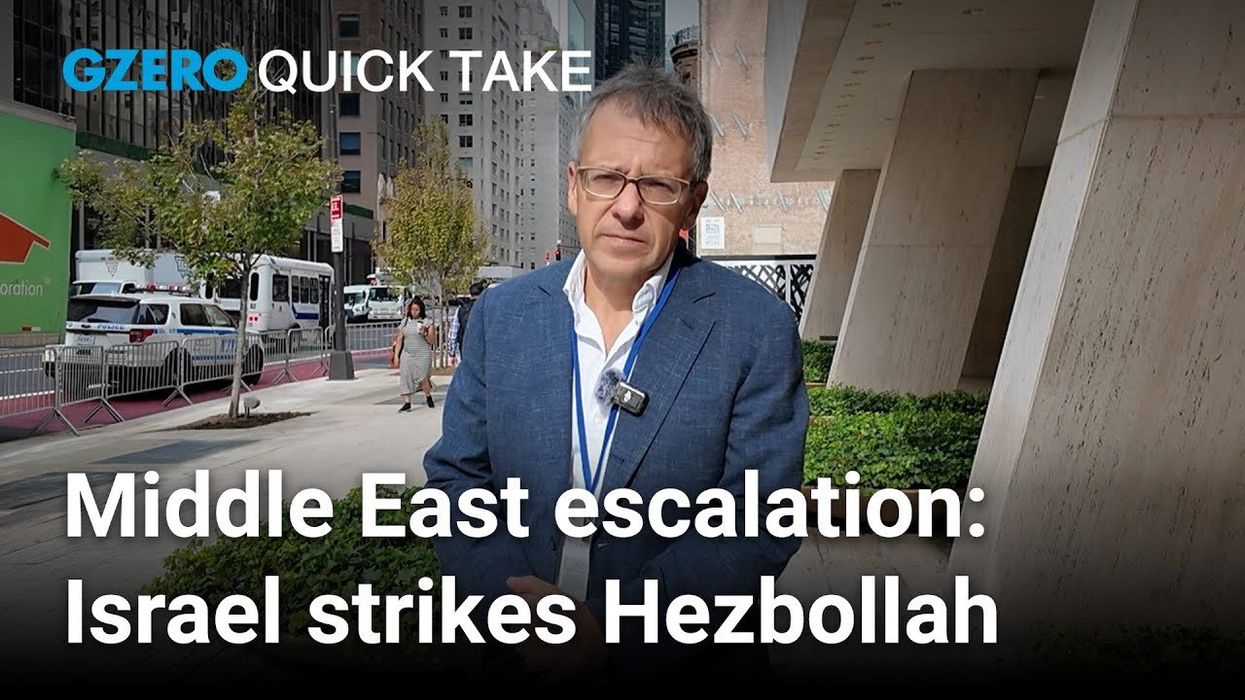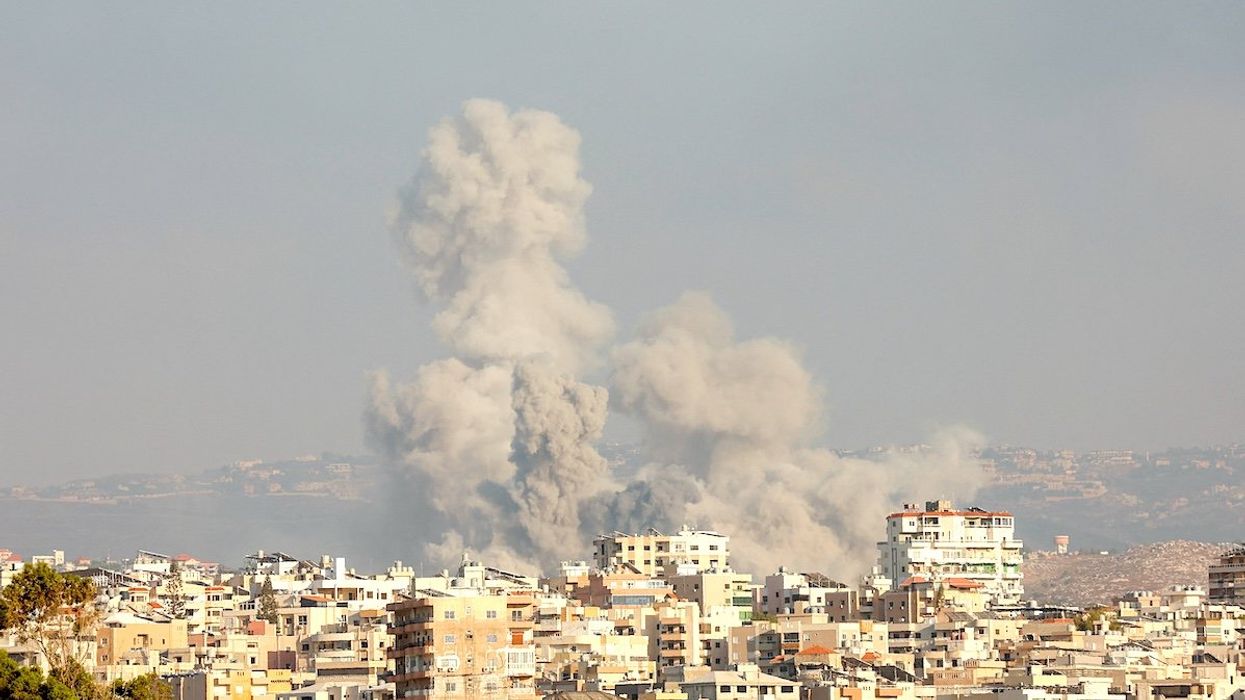GZERO Reports
Israeli strikes put ancient Roman ruins of Baalbek at risk
Israeli airstrikes targeting Baalbek, Lebanon, threaten some of the best-preserved ancient Roman ruins anywhere in the world. The temples of Bacchus and Jupiter, which are designated UNESCO World Heritage sites, have stood in Baalbek for over two millennia. The city is located in a region of eastern Lebanon dominated by Hezbollah, so it's become a critical target amid Israel’s offensive.
Dec 17, 2024




